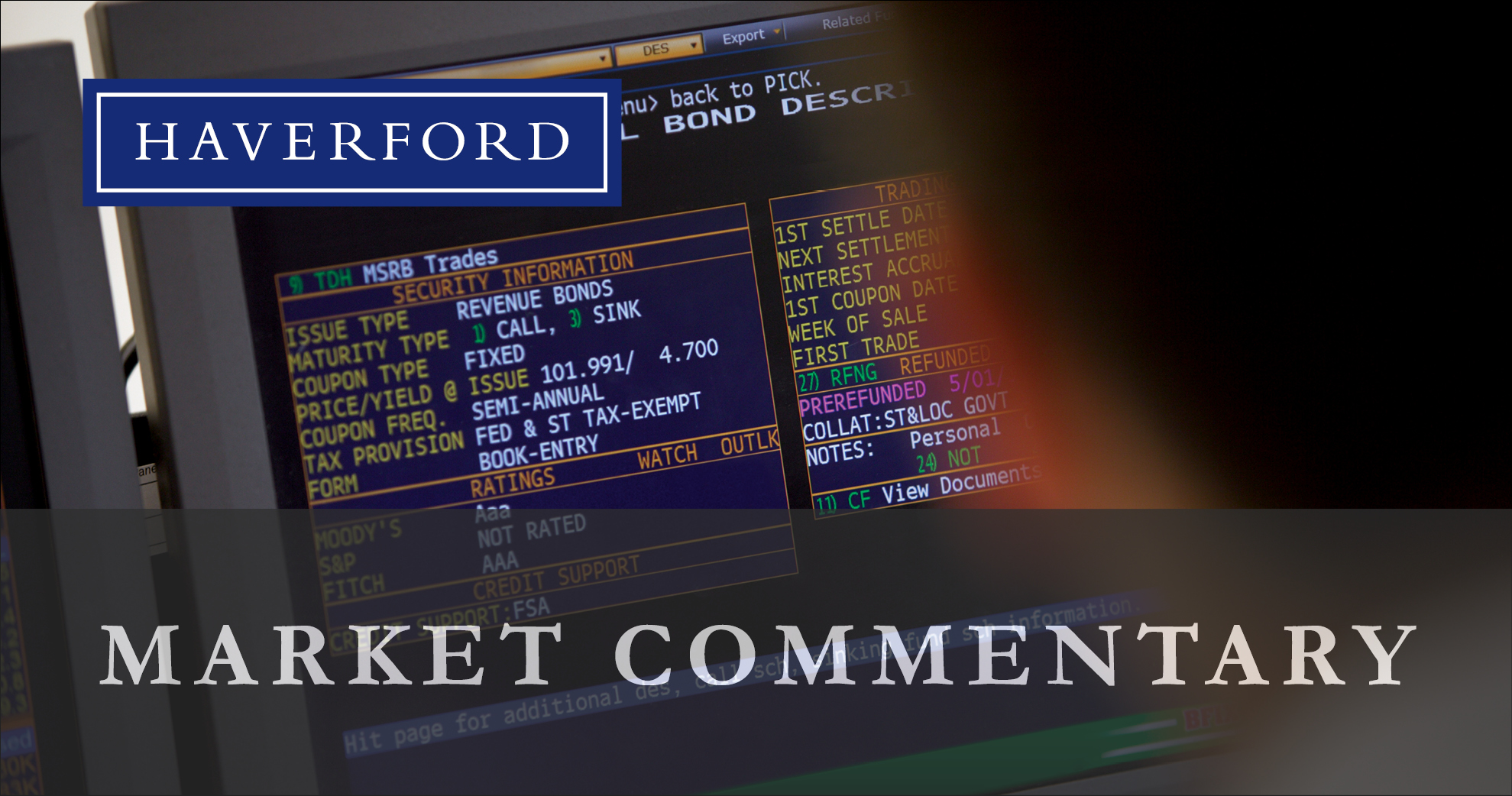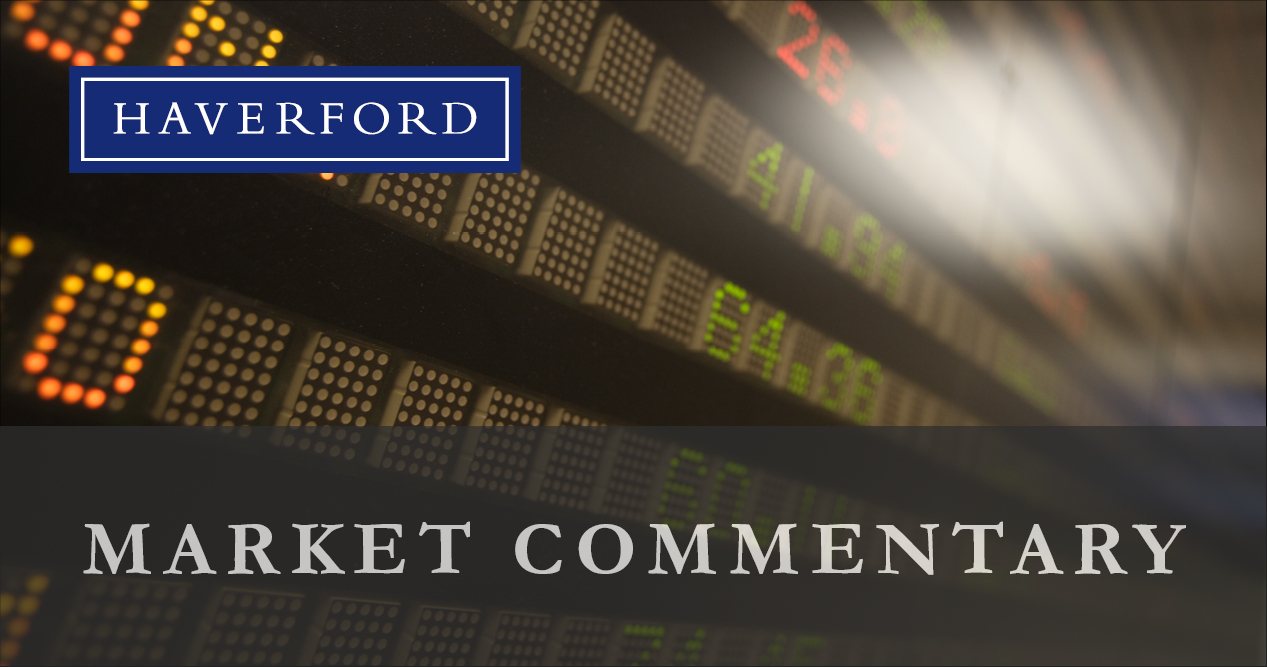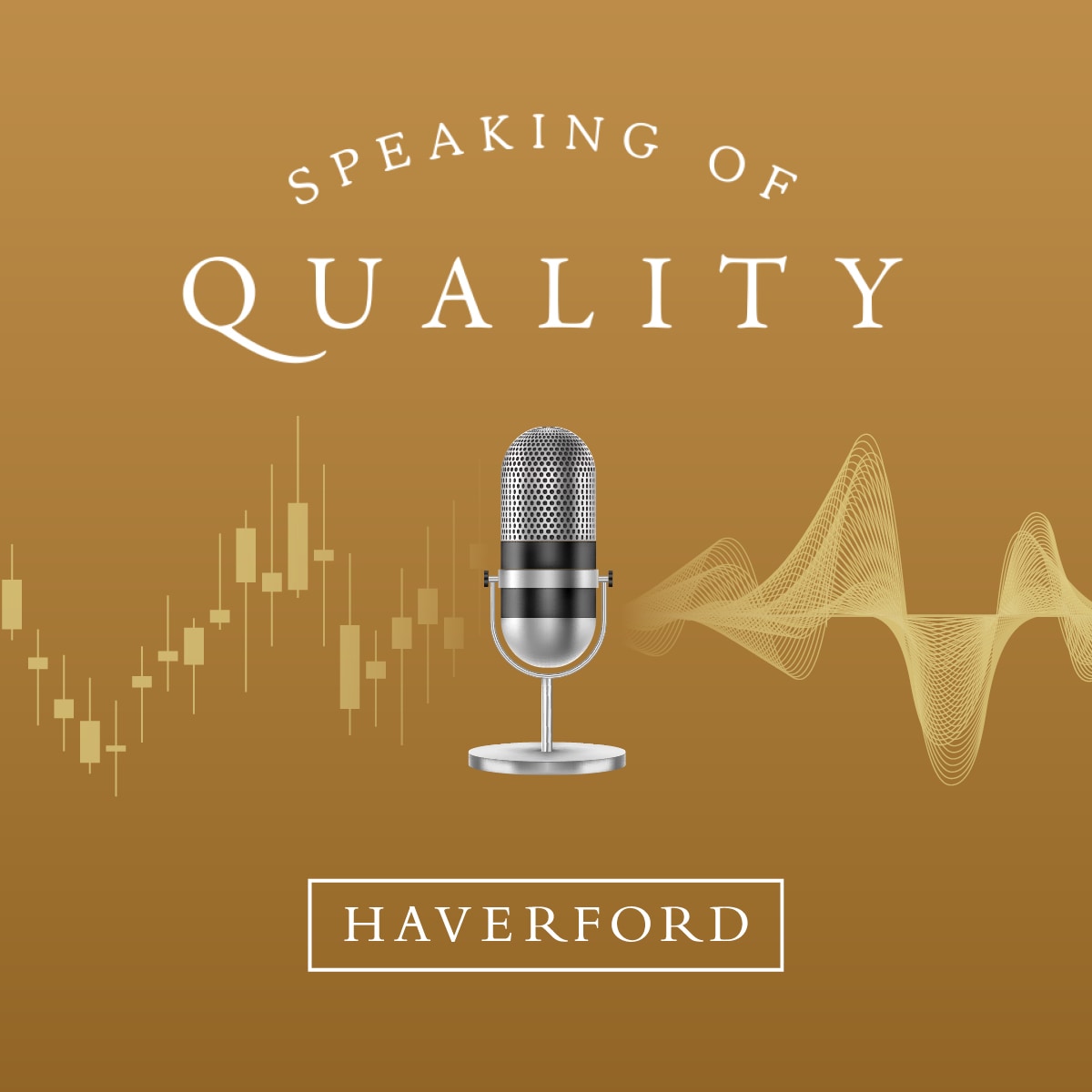Recent News and Insights
Market Commentary: June 16, 2025
The S&P 500 hit a post “liberation day” high on June 12th, before news of Israeli strikes on Iran’s nuclear facilities and senior military personnel caused the market to trade lower. In addition to the human impact of these conflicts, markets remain sensitive to the influence on energy prices. As of this writing it doesn’t appear that Iran’s oil infrastructure has been specifically targeted, but the price of Brent Crude Oil contracts spiked 8% to close Friday at $75 per barrel, higher but below the highs of earlier this year.
Market Commentary: May 27, 2025
Since the administration capitulated to market forces on April 9th, significant progress has been made in three distinct areas of Trump’s big gamble of imposing wide-ranging tariffs. As of Friday, May 23rd, the S&P 500 has increased by roughly 17% during this period.
Market Commentary: May 13, 2025
The news last week included numerous market-moving events, which appears to be the norm at present. In the midst of this activity we held our 2025 Investors Forum featuring D.C. policy research expert Dan Clifton, Head of Washington Policy Research from Strategas. Dan clarified recent news while sharing his views on the current state of the policy debate in D.C.
Wall Street Journal – Hank Smith, Director, Head of Investment Strategy, was recently interviewed by The [...]
The S&P 500 hit a post “liberation day” high on June 12th, before news of Israeli strikes on Iran’s nuclear facilities and senior military personnel caused the market to trade lower. In addition to the human impact of these conflicts, markets remain sensitive to the influence on energy prices. As of this writing it doesn’t appear that Iran’s oil infrastructure has been specifically targeted, but the price of Brent Crude Oil contracts spiked 8% to close Friday at $75 per barrel, higher but below the highs of earlier this year.
Thomas Bayer, CFP®, MT, Wealth Planner tbayer@haverfordquality.com When the Markets Give You Lemons, Make [...]
PGA Press Release - GA of America Golf Professional Trevor Bensel of LuLu Country [...]
Thomas Bayer, Jr., CFP®, MT Senior Wealth Planner One of the greatest gifts or [...]
Since the administration capitulated to market forces on April 9th, significant progress has been made in three distinct areas of Trump’s big gamble of imposing wide-ranging tariffs. As of Friday, May 23rd, the S&P 500 has increased by roughly 17% during this period.
CNBC - John Donaldson, CFA, Vice President - Director of Fixed Income, was polled [...]
On May 7, we held the 2025 Investors Forum, featuring Dan Clifton, D.C. insider [...]










